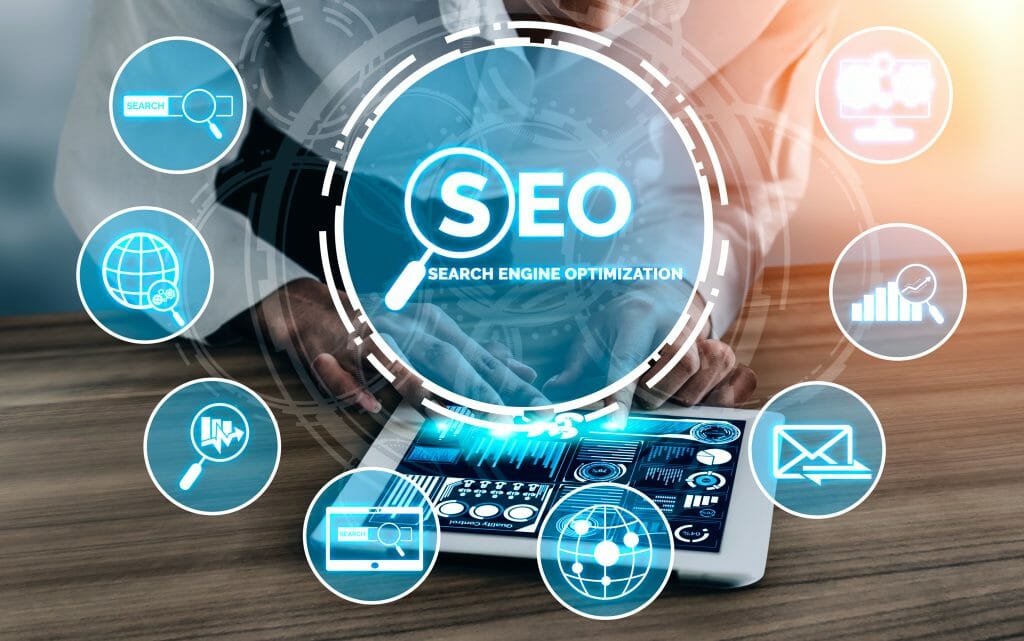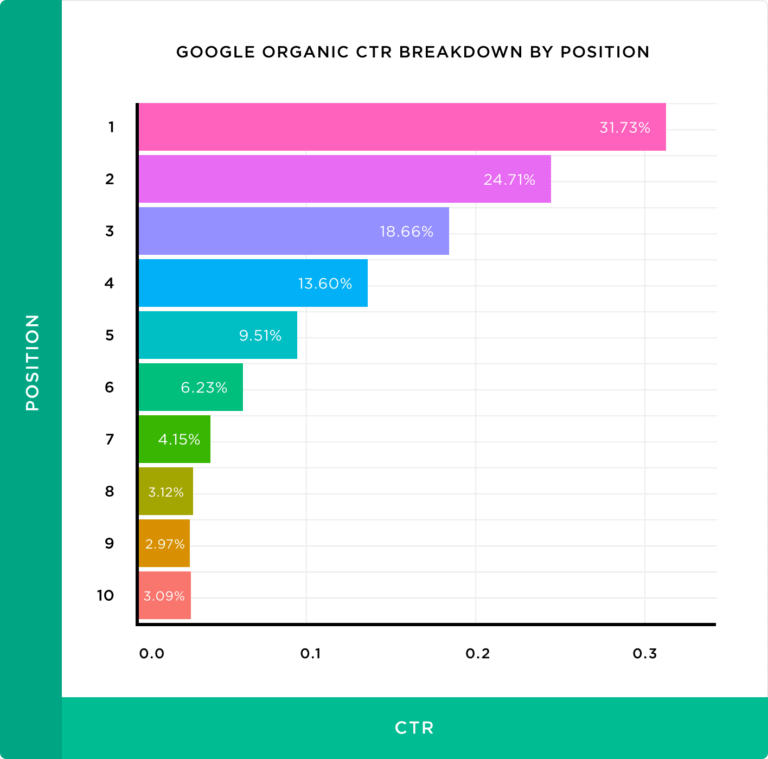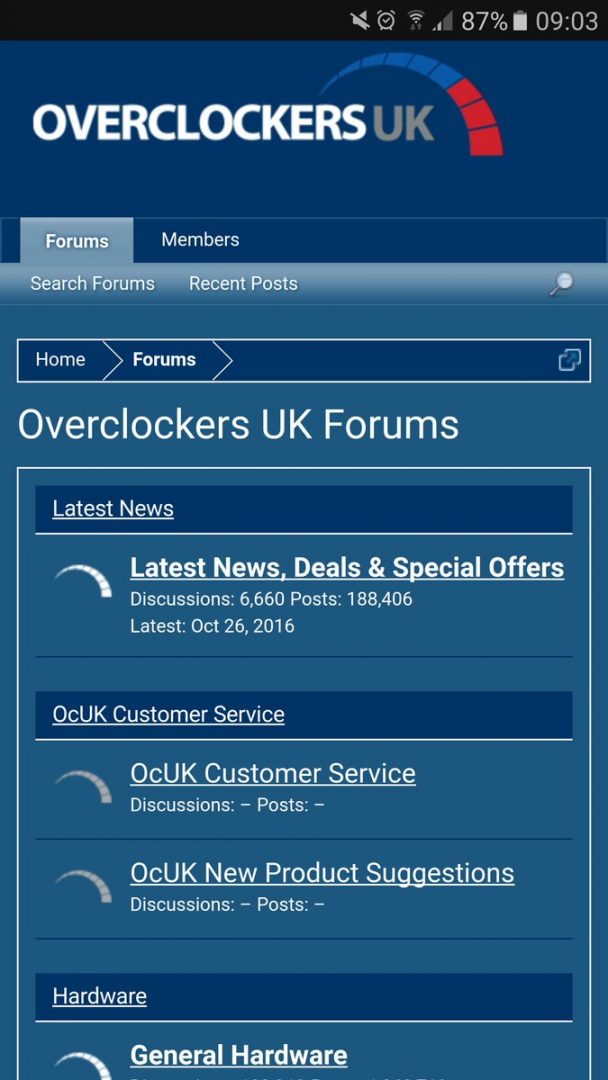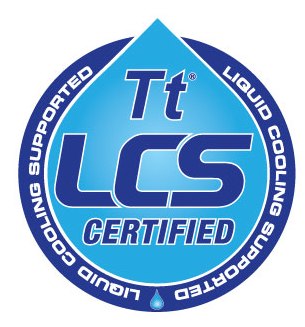“If your business is not on the internet, then your business will be out of business.” – Bill Gates.
While this statement is still true, unfortunately, most business owners have already heard about it. Moreover, they have most likely established their corporate websites and maybe even registered accounts in social networks. Therefore, you will have to struggle for customer attention on the digital landscape as well.
“This is clear,” you may say, “but what does it have to do with SEO, and why do I need SEO for my website?”
Let’s discover it step by step.
What Is SEO In General?
A vital marketing tool, Search Engine Optimization (SEO), is a complex and multifaceted undertaking. But essentially, it is aimed to improve your website’s rankings in search engine results. What does it mean in business terms? Your website shows up better to your target audience, and you get more traffic that can eventually convert into buyers. The tool may not increase website traffic fast, but it will provide huge dividends in the long run. For a better understanding of SEO, let’s consider its fundamental elements.
- Keywords. These are words and phrases that people typically use to find information online. Marketers can use them to connect with the potential audience looking for the products they offer.
- Content. It includes valuable information that you share with your audience through your website or other resources. Content includes, but is not limited to, web page content, blogs, videos, podcasts, and social media posts.
- Off-page SEO. The element includes external optimization techniques that take place away from your site. It is basically focused on backlink building.
SEO and digital marketing, in general, are efficient for both big enterprises and medium to small companies. Discover SEO benefits outlined below and see why the tool is indispensable for a small business.
Why Is SEO Important For A Website?
Visibility and Rankings
The essential SEO function to increase visibility, which means that your site will be positioned higher in your prospects’ search results. The higher rankings you have in search engines, the higher your position on the search result page. Therefore, your potential clients will easily find you when looking for something you can offer.
Sounds encouraging? It will be even more so when we say that only 75% of users never click further than the first-page search results.
Web Traffic
Another crucial SEO goal is to generate web traffic. Consider the following: only 0.78% of Google users clicked on the links placed on the second page or further. The chart below demonstrates the Click-Through Rate (CTR) breakdown by position.
It also emphasizes the importance of visibility and rankings, doesn’t it? So, you should strive to occupy the highest possible ranking positions.
Authority
This part pertains to the reputation of your site in the search engines. The technology has become really smart, and search engines’ algorithms can evaluate resources in terms of relevance, quality, and reliability.
Authority is directly related to the ranking position; and again, the higher your ranking is, the more users will trust your brand.
Creating a Better Visitor Experience
Since SEO includes improving your content and optimizing your website, it also enhances the site’s usability. On-page optimization implies increasing the page load speed, ensuring usability from all types of devices, and more. Therefore, your visitors will have a seamless and delightful customer experience.
As you can see, all components of SEO marketing are interconnected in their ultimate goal to promote your website in the digital space. It is particularly useful for small businesses that haven’t established a renowned name and reputation yet. The essential appeal of the tool lies in its extended efficiency and ability to enhance both your business’s image and sales.
Who Doesn’t Need SEO?
Once we’ve discussed the importance of SEO for websites, we should also mention that there is no one-size-fits-all solution. Even such a valuable tool may not be necessary for some specific businesses or business goals. Consider the following instances:
- Your site is dedicated to a project that has time limits.
Since SEO is a long-term instrument, it may not work in the required short timeframe.
- You need leads right now.
Due to the same reason, SEO won’t give you immediate leads. So instead, use Google Ads in this case.
- You target a small local market.
If you have a restaurant or a dental practice, you don’t need a nationwide SEO campaign, which would be a waste of resources. Instead, you may try local SEO campaigns that involve different techniques.
- The competition is too fierce.
If there are several giant players in your market investing tens of thousands of dollars in SEO, you probably won’t beat them in this field. However, you can still try some very sophisticated keywords or opt for the other instruments.
- Your budget is too small.
In short – money matters. To handle all elements of SEO properly, you’ll need more than $200 a month. For some parts, you would pay only to an SEO specialist; for the other parts, such as link-building, you would also have to consider third-party costs. But, according to experts, about $1000 a month is the minimal price for successful undertakings.
- You offer a radically new product.
If people don’t know about your product yet, they would hardly be searching for it. Therefore, prepare your audience with the help of other digital marketing tools and then proceed to SEO.
Can I Do My Own SEO For My Website?
Why not? If you have enough time to master the tool and implement it on a continual basis, you can do it. However, you should be aware that it involves a vast range of skills, including programming, copywriting, marketing, negotiating, and more.
In the end, the fundamental reason to implement SEO is its efficiency in achieving many of your business goals. The tool helps you create better rapport with your audience, boost customer experience, elevate your authority, attract more people to your website, help you transcend the competition, and enhance conversions. Ultimately, it leads to greater sales, more loyal customers, and a quicker growth of your business.
















